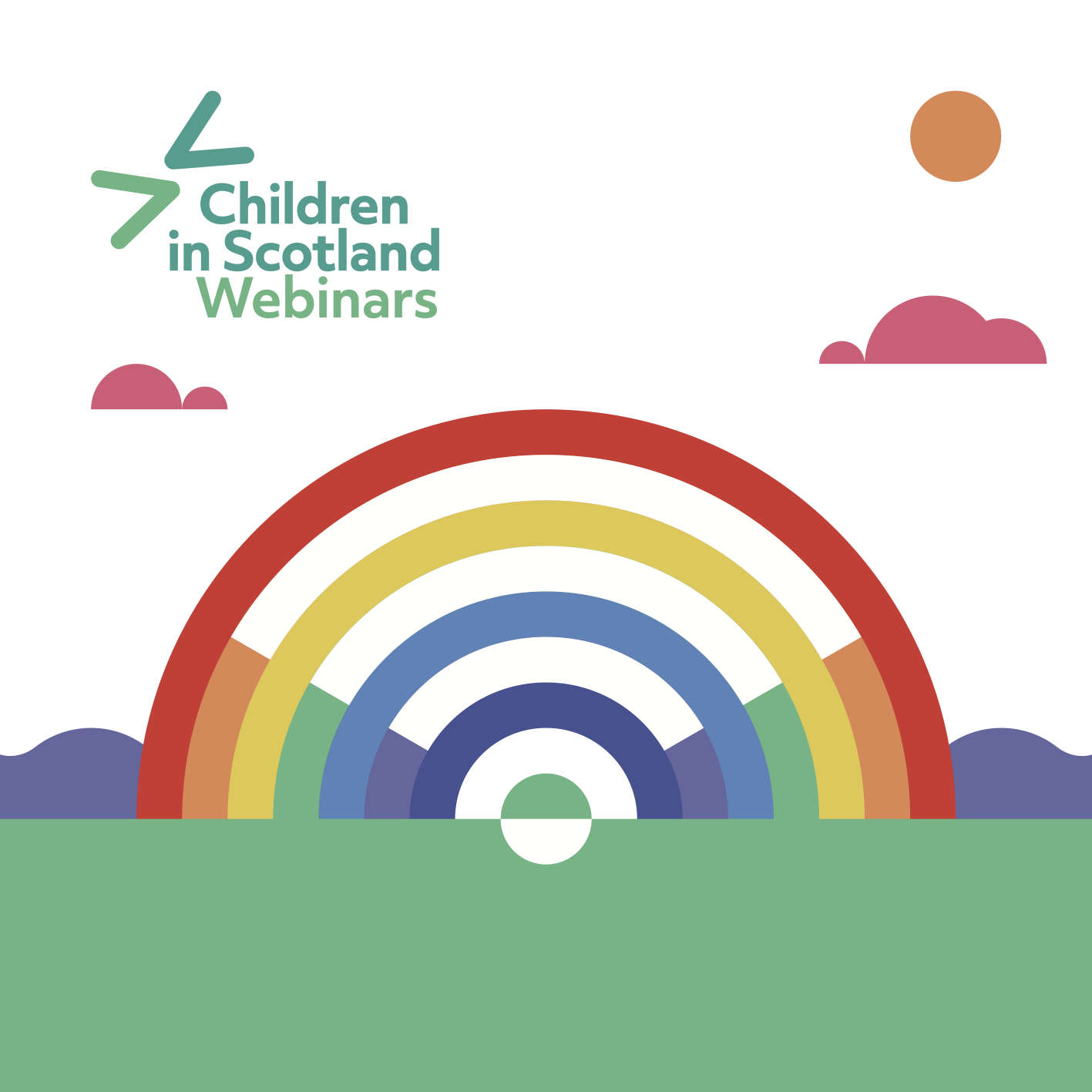Why our third sector deserves first class support
26 May 2020
In advance of next week's launch of our new Supporting the Third Sector Project, Vicky Wan explains why we want to support organisations to become equal partners in Children and Family Services – and be ready to respond to any future crisis
In her recent blog (click to read), our Head of External Affairs Jacqueline Cassidy reflected on the vital role of the third sector during the health pandemic and its phenomenal response to the challenges of COVID-19. This was later evidenced in the Scottish Government’s COVID-19: Supporting vulnerable children and young people – data intelligence report (click to read). The large range of examples in the report clearly demonstrate the third sector’s ability to sustain its local and national services by changing the model of delivery within a short space of time.
In her 8 April open letter to third sector organisations , Iona Colvin, the Interim Director for Children and Families of the Scottish Government, emphasised the critical role the third sector has in supporting the needs of children, young people and their families (click to read). But she also recognised that the third sector has an enormous amount of knowledge and intelligence about the communities it serves.
“Third sector organisations are uniquely well placed to help us to understand the nature of the challenges that children, young people and families are facing in their homes and communities at this time" - Iona Colvin, Scottish Government Interim Director of Children and Families
One of the reasons why third sector organisations are able to respond to the emergency rather efficiently is largely because of their long-established relationships with the local communities and their understanding of the challenges families continue to face.
Third sector organisations use their professional knowledge to swiftly adjust their own services. They know what the families need and more importantly what will work. Not only that, they share their skills and expertise with partners in the statutory and in the third sector, so together they are able to offer support in a whole-family holistic approach.
A support worker of a charity told us:
“I’ve been supporting this disabled young person for a while. The family was coping well before the outbreak. Since the lockdown, mum became very anxious that her disabled son would be infected with COVID-19 if he fell ill and had to go to the hospital. Dad is a key worker. Her younger son is now home-schooling but she doesn’t have time to help with his learning because she has to care for her older son nearly 24/7. She feels very guilty and stressed.
Through the local children’s services forum, I found out about a befriending service. Mum is now being supported on the phone every day. I also found out about a peer learning group organised by another charity. The younger son is now learning with other children of similar age.”
The benefits of collaborative working are apparent. However, an effective collaboration takes time to develop. Organisations need to have good awareness of services available in the area, a reasonable level of trust in the quality of each other’s work, and referral protocols without unnecessary bureaucracy.
In Scotland, we already have structures in place to support partnership working for many years.
The local children’s services networks, which are usually facilitated by the local Third Sector Interfaces (TSIs), bring organisations together so they can support their peers, exchange good practice, share resources, develop collaborative working arrangements and help shape local services.
Thanks to this established relationship before the outbreak of COVID-19, we can quickly and efficiently mobilise the third sector to deliver and maintain support to children as part of multi-agency plans during the pandemic. Also due to the communication channels already established via the networks, local organisations can continue to feed their experiences and concerns to inform strategic planning at national level, while they concentrate on meeting the needs of families at this difficult time.
Taking the learning from this, while it is important to continue to invest in the frontline service delivery to children and families, we should not undermine the importance of the structures that support and strengthen the third sector. If we do not resource and fund the local networks sufficiently now, are we confident that we will be able to respond as well, if not better, in any future emergency situation?
Our role
Children in Scotland is committed to supporting the Third Sector Interfaces and third sector organisations to become equal partners in Children and Family Services. This includes increasing local third sector engagement and strengthening local support structures through our new Supporting the Third Sector Project.

Supporting the Third Sector
Vicky Wan is Project Manager and part of our PPP team
Click to read about us
Strengthening the sector: learning online
We're running a series of webinars covering all your CPD needs
Click to browse training
Confronting the crisis
Jacqueline Cassidy asks if the sector is punching above its weight during the pandemic
Click to read the blog
Latest podcast
Discussing the ongoing impact of Covid-19 and planning the best way forward
Click to listen
Responding to the need for connection
Karin McKenny on how we've adapted our training to support the workforce
Click to read Karin's blog
Our services
From ASL advice to ELC inclusion funding, find out about what we offer
Click to explore